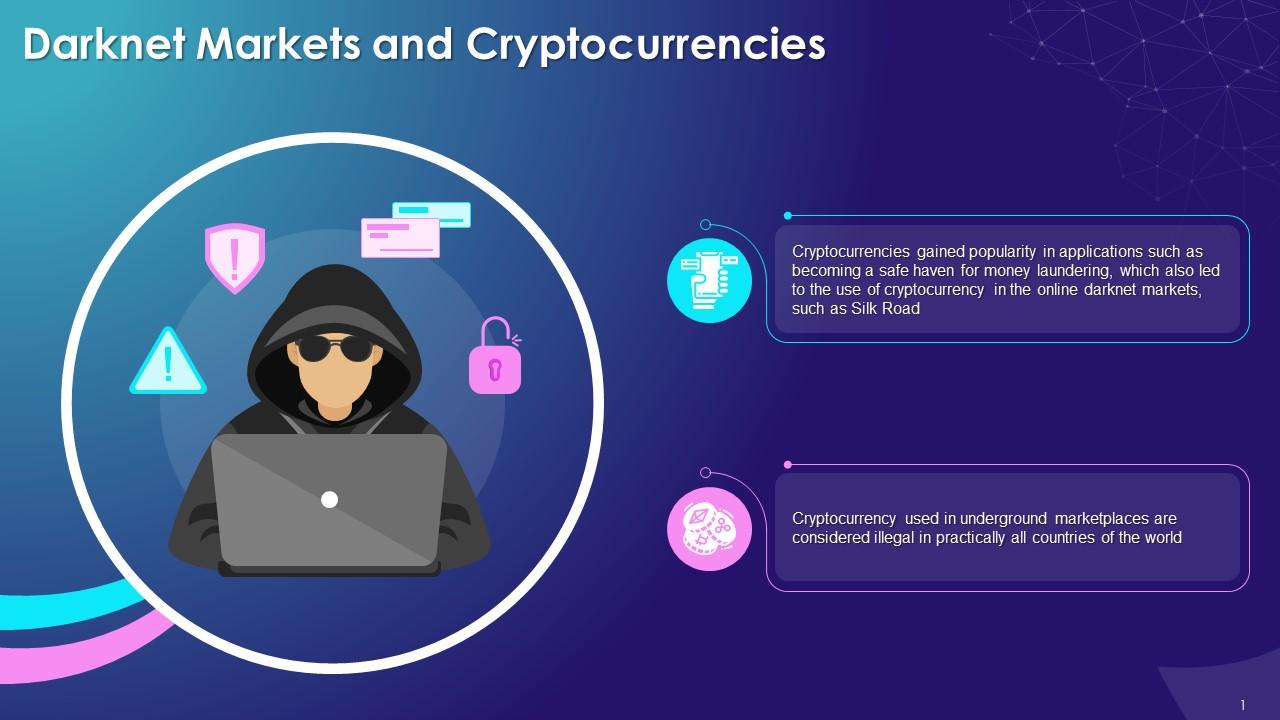The emergence of digital currencies has changed many aspects of our financial system, especially affecting the hidden world of darkweb markets. Such platforms, commonly functioning on the fringes of the internet, have become centers for the trade of illicit goods and services. As dark markets grows an increasingly sought-after quality in the current online world, the darknet has attracted those looking to engage in actions that are commonly unlawful or ethically questionable, from the sale of narcotics and weapons to hacking and illegally obtained data.
This underground economy thrives largely due to the anonymity provided by cryptocurrencies. Such digital currencies such as Litecoin have enabled users to make exchanges without showing their true selves, further fueling the development of these hidden markets. Nevertheless, while the darkweb may offer chances for gain, it also poses a multitude of difficulties for authorities and raises urgent questions about regulation and ethics in the realm of e-commerce. The intersection of cryptocurrency and crime is a compelling story that sheds light on both the promise and perils of a quickly transforming digital world.
The Development of Dark Web Marketss
Dark web markets have undergone notable evolution since their inception, evolving from hidden platforms to advanced systems with intricate user interactions. Early dark web marketplaces were fairly rudimentary, primarily operating through straightforward bulletin board systems and open channels. Individuals needed to carry significant IT knowledge to traverse these underground spaces, causing minimal participation and a significantly increased barrier to entry.

As cryptocurrency acquired popularity, it provided obscurity and security, which substantially increased dark web marketplace activity. The launch of Silk Road in 2011 marked a crucial point, introducing a user-friendly interface and the use of Bitcoin, making forbidden transactions more accessible to the general public. This time saw a rise in market participation, driven by the allure of anonymity and the varied range of products available, from drugs to fake goods.
Following the shutdown of Silk Road in 2013, various successor markets appeared, continuously advancing in terms of technology and user experience. These new marketplaces, such as AlphaBay and Hansa, adopted advanced security measures, including multiple-authority wallets and strong anti-scam protocols, to build user trust. The continuation of law enforcement actions has only encouraged market operators to modify, resulting in a constant chase game that has shaped the development of dark web markets over the years.
Digital currency's Function in Driving Crime
Cryptocurrency has become a crucial instrument in the activities of illicit online markets, offering an unprecedented anonymity that traditional payment methods cannot provide. The decentralized nature of cryptocurrencies like Ethereum allows users to conduct transactions without revealing their identities, making it appealing for illegal activities. This anonymity lures a range of illicit enterprises, from narcotic trafficking to the distribution of hacked data, all thriving in the dark corners of the darknet.

Furthermore, the simplicity of creating and transferring digital currencies has caused an upswing in illegal financial transactions. In contrast to bank transfers, which involve stringent regulatory scrutiny, cryptocurrency transactions can often be completed quickly and with limited oversight. This lack of regulation provides criminals with a convenient way to secure and clean funds, further integrating digital currencies within the framework of dark web markets. The volatility of cryptocurrencies can also be manipulated by malicious actors, allowing them to benefit monetarily while engaging in illegal commerce.
Finally, the use of cryptocurrencies has cultivated a unique ecosystem where confidence is built through technology rather than conventional financial institutions. Dark web forums and escrow services provide a semblance of safety, allowing users to engage in transactions with increased confidence. However, this trust is often deceptive, as scams and deceit are prevalent within these markets. The reliance on cryptocurrency not only facilitates crime but also fosters an environment where criminal activities can proliferate unchecked, posing significant challenges for law enforcement and regulatory bodies.
Law Enforcement Challenges and Responses
Dealing with the challenges of dark web marketplaces poses significant obstacles for law enforcement bodies worldwide. The masking provided by encryption technologies and encrypted communication channels creates it increasingly hard to pursue criminals operating on the dark web. Conventional investigative techniques often are inadequate in this digital landscape, where users can easily conceal their identities and locations. The rapid evolution of these sites also implies that new markets can rise and disappear quickly, further complicating detection initiatives.
To tackle these issues, law enforcement has started to evolve and improvise. Agencies are more and more adopting sophisticated tools such as blockchain analysis tools to trace crypto transactions associated with illegal activities. Cooperation among cross-border law enforcement agencies has also become vital, as wrongdoers often act internationally. By sharing information and assets, agencies can enhance their capabilities in disrupting darkweb operations and leading perpetrators to justice.
Training and knowledge are vital elements of the response strategy. Law enforcement is putting efforts in educational initiatives to ensure that officers are equipped with the essential skills to investigate cybercrime effectively. By connecting with the public and raising awareness about the risks associated with darkweb markets, authorities aim to discourage potential participants and minimize the need for illegal goods and services. The response to the darkweb market revolution requires a multifaceted approach that integrates tech, cooperation, and training.
